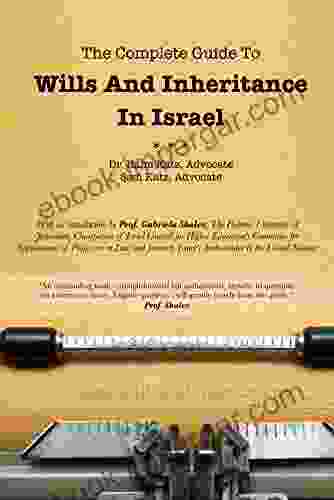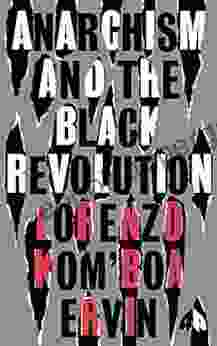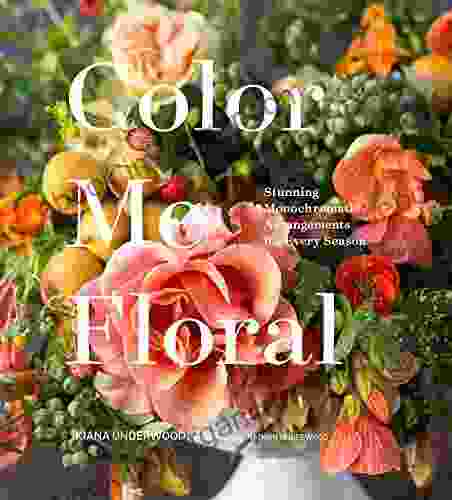Artaud: The MoMA, Columbia Themes in Philosophy, Social Criticism, and the Arts

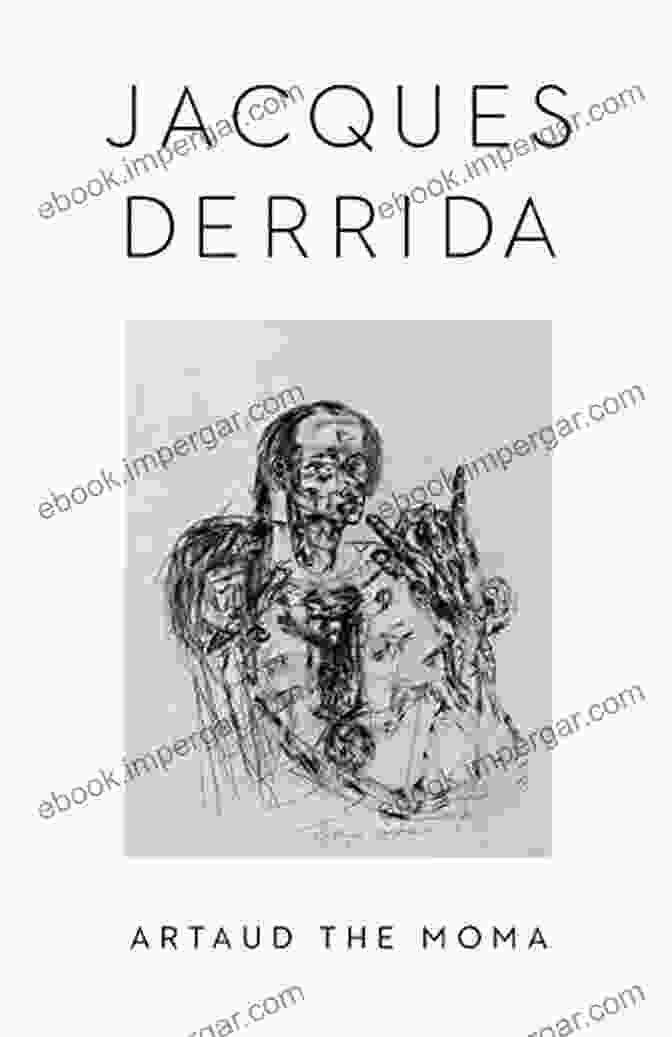
Antonin Artaud (1896-1948) was a French playwright, poet, actor, director, and theorist who is considered one of the most influential figures in the history of theater and performance art. His work has been praised for its originality, intensity, and its profound exploration of the human condition. Artaud's ideas have had a major impact on the development of modern theater, as well as on other art forms such as literature, film, and dance.
This book explores Artaud's life and work through the lens of the Museum of Modern Art (MoMA) in New York City and Columbia University's themes in philosophy, social criticism, and the arts. The book examines Artaud's relationship with MoMA, which began in 1936 when the museum acquired his painting "The Executioner." The book also explores Artaud's connections to Columbia University, where he gave a series of lectures in 1947.
The book is divided into three parts. The first part provides an overview of Artaud's life and work. The second part examines Artaud's relationship with MoMA and Columbia University. The third part explores Artaud's ideas in more depth, focusing on his philosophy of the theater, his social criticism, and his artistic practice.
Artaud and MoMA
Artaud's relationship with MoMA began in 1936 when the museum acquired his painting "The Executioner." The painting, which depicts a man being beheaded, was controversial at the time and sparked a debate about the role of art in society. Artaud defended his painting, arguing that it was a reflection of the violence and cruelty of the modern world.
Artaud had a complex relationship with MoMA. He admired the museum's collection of modern art, but he also criticized the museum's elitism and its tendency to focus on the work of established artists. Artaud believed that art should be accessible to everyone, regardless of their social status or background.
Artaud and Columbia University
Artaud's connection to Columbia University began in 1947 when he gave a series of lectures at the university. The lectures, which were titled "The Theater and Its Double," were a major event in Artaud's career. In the lectures, Artaud outlined his philosophy of the theater, which he believed should be a form of ritual that could transform the lives of its participants.
Artaud's lectures were well-received by the students and faculty at Columbia University. However, the university's administration was less enthusiastic about Artaud's ideas. The administration was concerned about Artaud's radical views and his tendency to provoke controversy.
Artaud's Ideas
Artaud's ideas have had a major impact on the development of modern theater. His philosophy of the theater, which he called the "Theater of Cruelty," is based on the belief that the theater should be a form of ritual that can transform the lives of its participants. Artaud believed that the theater should be a place where the audience can experience the raw emotions of life, including violence, pain, and suffering.
Artaud's social criticism was also highly influential. He was a vocal critic of the modern world, which he saw as materialistic, mechanistic, and dehumanizing. Artaud believed that art could be a force for change in the world, and he called on artists to use their work to challenge the status quo and to create a more just and compassionate society.
Artaud's artistic practice was as radical as his ideas. He experimented with a variety of different techniques, including surrealism, expressionism, and performance art. Artaud believed that the artist should be willing to push the boundaries of art and to explore the unknown.
Antonin Artaud was a visionary thinker who had a profound impact on the development of modern theater. His ideas and work continue to be debated and discussed today, and they continue to inspire artists and audiences around the world. This book provides a comprehensive overview of Artaud's life and work, and it offers a valuable resource for scholars, students, and anyone who is interested in the history of theater, art, and philosophy.
Do you want to contribute by writing guest posts on this blog?
Please contact us and send us a resume of previous articles that you have written.
 Book
Book Novel
Novel Page
Page Chapter
Chapter Text
Text Story
Story Genre
Genre Reader
Reader Library
Library Paperback
Paperback E-book
E-book Magazine
Magazine Newspaper
Newspaper Paragraph
Paragraph Sentence
Sentence Bookmark
Bookmark Shelf
Shelf Glossary
Glossary Bibliography
Bibliography Foreword
Foreword Preface
Preface Synopsis
Synopsis Annotation
Annotation Footnote
Footnote Manuscript
Manuscript Scroll
Scroll Codex
Codex Tome
Tome Bestseller
Bestseller Classics
Classics Library card
Library card Narrative
Narrative Biography
Biography Autobiography
Autobiography Memoir
Memoir Reference
Reference Encyclopedia
Encyclopedia Kerry Lord
Kerry Lord Kevin Brooks
Kevin Brooks Kim Hopkins
Kim Hopkins Kerrie Droban
Kerrie Droban Ken Dornstein
Ken Dornstein Kenneth D Ackerman
Kenneth D Ackerman Kevin Floyd
Kevin Floyd Kevin Brown
Kevin Brown Kenneth C Springirth
Kenneth C Springirth Kimberly Scott
Kimberly Scott Ken Binmore
Ken Binmore Kim John Payne
Kim John Payne Kevin Walker
Kevin Walker Kevin Flynn
Kevin Flynn Kerri Ryan
Kerri Ryan Kimberly Luse
Kimberly Luse Kim Phillips Fein
Kim Phillips Fein Kevin J Fandl
Kevin J Fandl Ken Ramirez
Ken Ramirez Kelly Needham
Kelly Needham
Light bulbAdvertise smarter! Our strategic ad space ensures maximum exposure. Reserve your spot today!
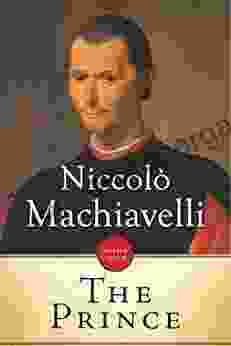
 Jonathan FranzenUnveiling the Timeless Masterpiece: The Prince, The New Illustrated Edition
Jonathan FranzenUnveiling the Timeless Masterpiece: The Prince, The New Illustrated Edition Richard WrightFollow ·17.2k
Richard WrightFollow ·17.2k Terry BellFollow ·13.1k
Terry BellFollow ·13.1k Kazuo IshiguroFollow ·6.7k
Kazuo IshiguroFollow ·6.7k Ignacio HayesFollow ·16.2k
Ignacio HayesFollow ·16.2k Ernest HemingwayFollow ·5.5k
Ernest HemingwayFollow ·5.5k Bryan GrayFollow ·9.3k
Bryan GrayFollow ·9.3k Herbert CoxFollow ·11.1k
Herbert CoxFollow ·11.1k Ben HayesFollow ·13.4k
Ben HayesFollow ·13.4k

 Chadwick Powell
Chadwick PowellDiscover the Secrets of Optimal Health with "The Healthy...
Preface: Embark on a Transformative...
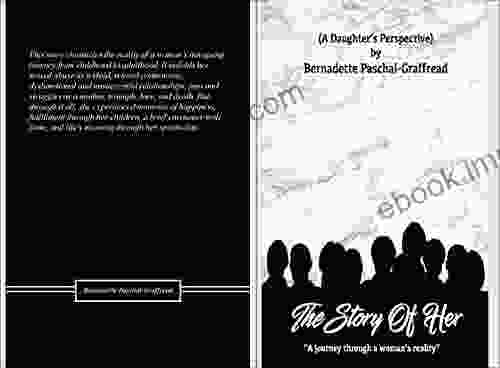
 Andres Carter
Andres CarterUnveiling the Profound Journey of Womanhood: A Daughter's...
In the tapestry of...
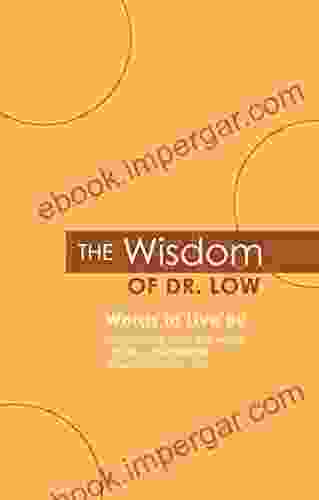
 Travis Foster
Travis FosterWords to Live By: The Essential Guide to Finding...
Words have the power to shape our...

 Chinua Achebe
Chinua AchebeThe Ultimate Guide for Men to Recover from a Breakup
: Breakups are never...

 Spencer Powell
Spencer PowellNew Mindset, New Results: The Proven Path to Unleashing...
About the Book ...



